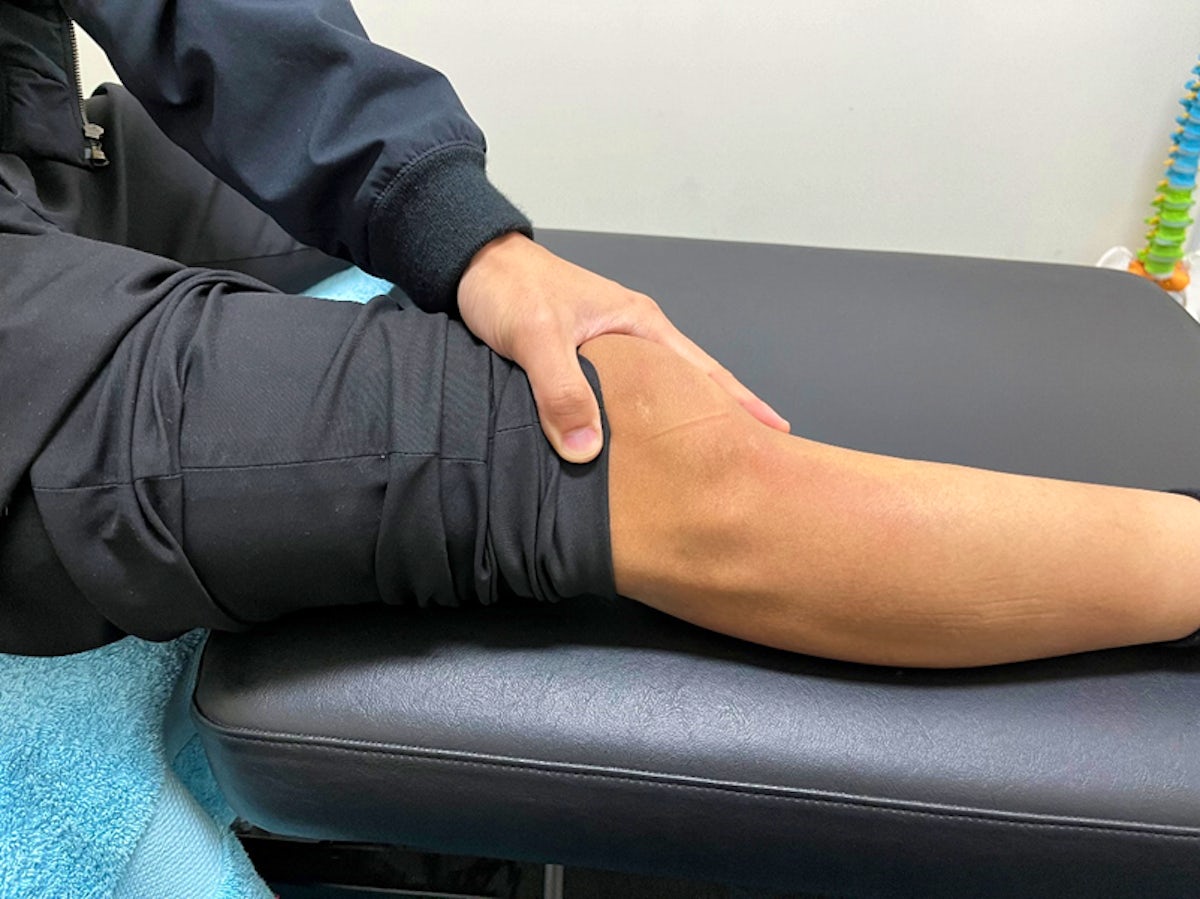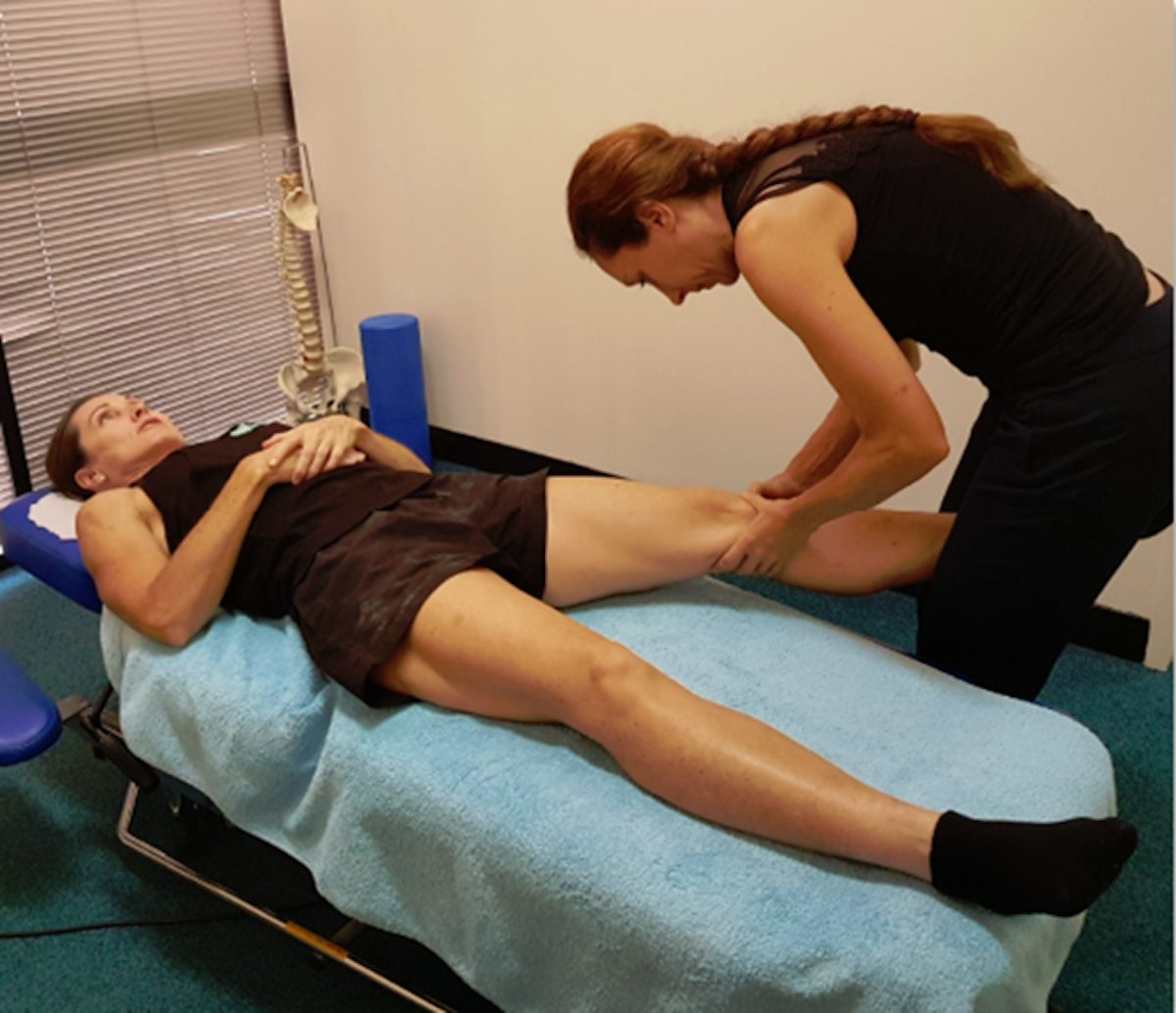Have you ever experienced that unsettling sensation of a joint "locking up" or feeling stiff and immobile? If so, you're not alone. Many of us encounter this issue at some point in their lives, often wondering what causes it and how to address it. Understanding the mechanics behind locking joints and recognizing signs of dysfunction is crucial for maintaining optimal joint health and mobility.

Locking joints can occur due to various reasons, ranging from mechanical issues to underlying health conditions. Here are some common causes:

Identifying dysfunctional joints early is crucial for preventing further complications and maintaining overall joint health. Here are some signs to watch out for:

If you suspect you have a dysfunctional joint or experience locking sensations, it's essential to seek professional evaluation and treatment. At Lakeside Chiropractic, we have keen interest in diagnosing and treating musculoskeletal conditions, including joint dysfunction.

Understanding the mechanics behind locking joints and recognizing signs of dysfunction is crucial for maintaining optimal joint health and mobility. If you're experiencing locking sensations or suspect you have a dysfunctional joint, don't wait until it worsens. Seek professional evaluation and treatment from our chiropractors at Lakeside Chiropractic to address the issue effectively and restore your quality of life. Don't let joint dysfunction hold you back—unlock your potential for better health and mobility today!